
Harvard will welcome its honorands to Tercentenary Theatre, a first since 2019.
Kris Snibbe/Harvard file photo
Harvard to award seven honorary degrees
Recognizing game changers who continue to shape the world
Seven will receive honorary degrees from Harvard during today’s Commencement ceremony in Tercentenary Theatre.

Courtesy photo
José Ramón Andrés Puerta
Doctor of Humane Letters
Modern gastronomy master José Andrés became famous for cooking some of the finest foods in the world: traditional Spanish migas, liquid croquettas, and spot prawn and nasturtium leche de tigre. But the two-star Michelin chef, who also holds four Bib Gourmand awards, may be even better known for his humanitarian efforts, which include immigration reform and establishing the nonprofit disaster-relief organization World Central Kitchen. After training at Ferran Adrià’s experimental restaurant, El Bulli, in 1991 Andrés moved to New York City, where he popularized small plates at the award-winning Jaleo. After moving to Washington, D.C., he became co-founder and CEO of ThinkFoodGroup, and began volunteering with D.C. Central Kitchen. After an earthquake devastated Haiti in 2010, Andrés and his wife, Patricia, established World Central Kitchen, which has gone on to serve more than 70 million meals to people in disaster zones including Cambodia, Cuba, Dominican Republic, Nicaragua, Peru, Uganda, Zambia, and most recently Ukraine. World Central Kitchen also recently launched a major initiative to support communities threatened by climate change. He became a prominent critic of former President Donald Trump after Trump disparaged undocumented Mexican immigrants in 2015, and on the MSNBC show “What’s Eating America?” said, “Right now the political discourse is making us take sides, but trying to find answers gives me a sense of understanding of where are we going and what do we have to do … Because let me tell you, what’s happening right now it doesn’t work.” Andrés has also been a presence at Harvard, where he and Adrià taught a culinary physics course beginning in 2010. His culinary and humanitarian work have been recognized with James Beard awards, the National Humanities Medal, two entries on Time magazine’s list of the 100 Most Influential People, and Spain’s Princess of Asturias Award for Concord.
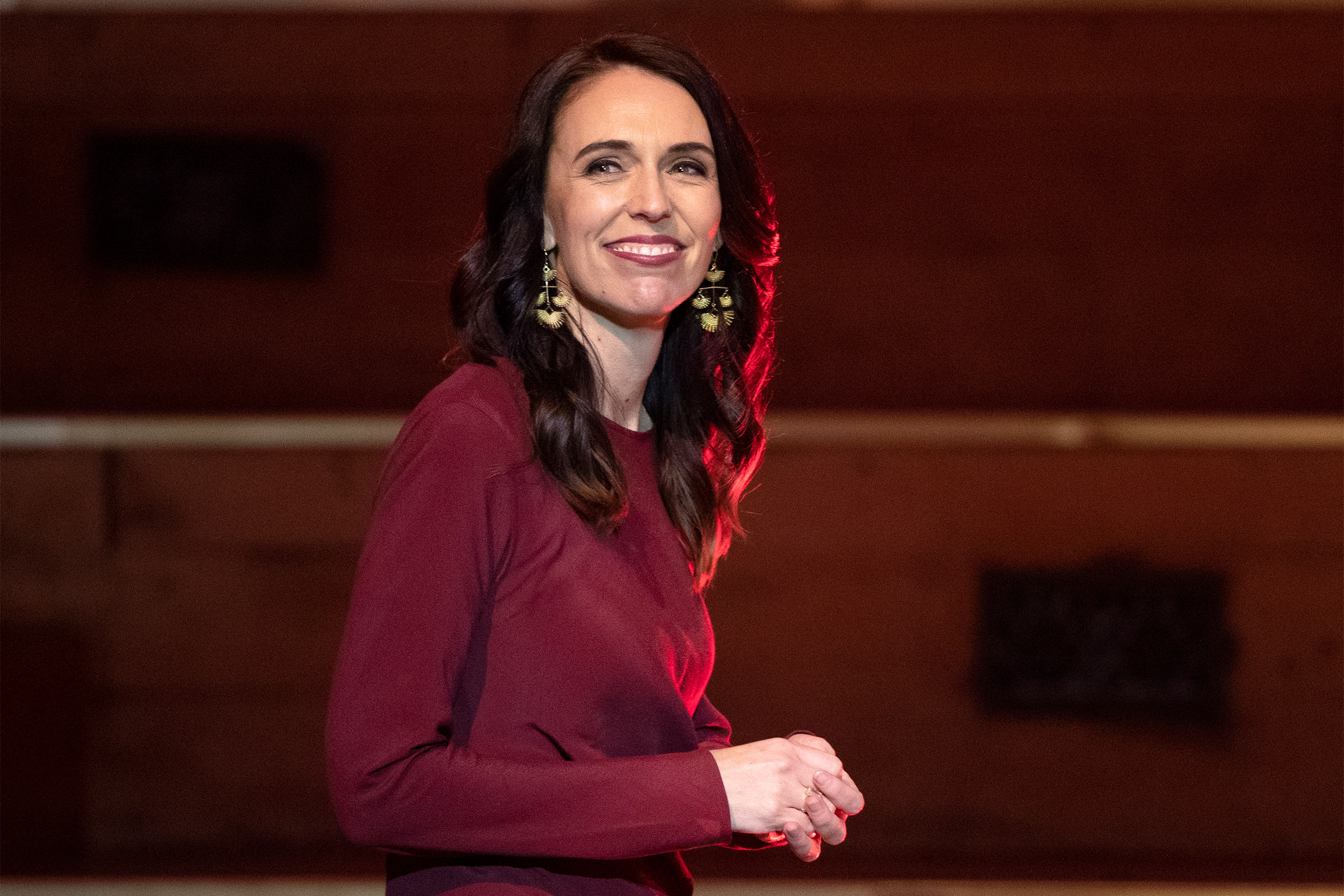
AP Photo/Mark Baker
Jacinda Kate Laurell Ardern
Doctor of Laws
New Zealand Prime Minister Jacinda Ardern’s approach to politics is much like her approach to the COVID-19 pandemic: “Go hard and go early.” Since her election to the post in 2017 — at 37, as the country’s youngest leader in 150 years — she has steered New Zealand through attacks by both a white nationalist terrorist and a rogue virus. Raised seeing “children without shoes on their feet or anything to eat for lunch,” Ardern became an advocate for reducing child poverty. She has also worked to confront climate change and to spur trade. Politically brave, she responded to attacks on two mosques that killed 51 people in 2019 with calls to tighten New Zealand’s gun-control laws. She said then, “We were not a target because we are a safe harbor for those who hate. We were not chosen for this act of violence because we condone racism, because we are an enclave for extremism. We were chosen for the very fact that we are none of these things — because we represent diversity, kindness, compassion, a home for those who share our values, refuge for those who need it.” Ardern is known for her compassionate response to disasters, such as the 2019 volcanic eruption on Whakaari, when she was photographed hugging first responders. Her pull-no-punches approach to COVID-19, a total lockdown that quickly blocked its spread, made the country an early example of how to deal with the killer virus. Ardern has also been a strong supporter of women, telling an interviewer who suggested employers had a right to know whether female workers planned to have children, “[I]t is totally unacceptable in 2017 to say that women should have to answer that question … It is the woman’s decision about when they choose to have children. It should not predetermine whether or not they are given a job or have job opportunities.” Ardern was elected to a second term in 2020. Forbes has ranked her among the world’s most powerful women, and she topped Fortune’s 2021 list of the world’s greatest leaders. Ardern received the Gleitsman International Activist Award from the Harvard Kennedy School in 2020.
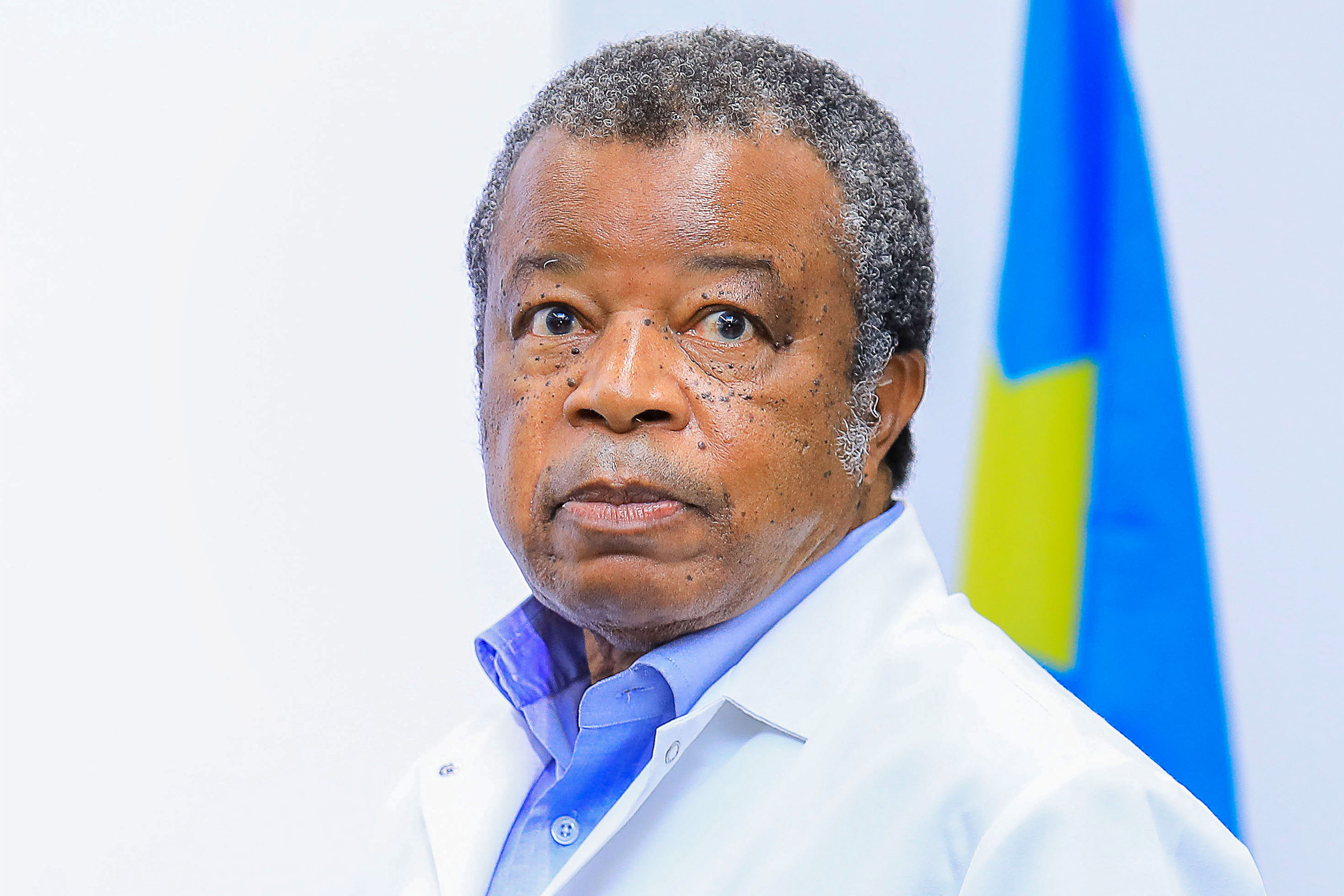
Courtesy photo
Jean-Jacques Muyembe Tamfum
Doctor of Science
The Lancet described him as “Africa’s veteran Ebola hunter.” He was one of the lethal disease’s first survivors as well as its discoverer — though for four decades his work was improperly credited to a quartet of Belgian scientists. Writing in Time magazine’s 100 Most Influential People of 2020, Nobel Peace laureate Denis Mukwege said Jean-Jacques Muyembe Tamfum “greatly benefited the people of Congo as well as the entire world. … [H]is expertise, combined with that of other international scientists, will continue to be of great help in overcoming new scourges that we face.” In 1976, Muyembe became the first virologist ever to treat an Ebola patient, and he has been at the forefront of every outbreak of the disease since. In 1995, he treated eight Ebola patients with blood from a survivor, and seven survived. Western researchers rejected his finding because of the small sample size, but Muyembe used the observation to develop a monocolonal antibody to Ebola that was approved by the USDA in 2020. “If this observation was accepted at this time [1995], this product would have saved many, many lives. But it took more or less 20 years to recognize these first observations because it was done by the Congolese team,” Muyembe told the University of Washington. Today, Muyembe is a globally recognized leader in the fight against Ebola, the general director of the National Institute of Biomedical Research in the Democratic Republic of the Congo, and the inaugural president of the Congolese Academy of Science. His research on monoclonal antibody treatments has helped advance therapies to treat COVID-19 as well as Ebola, and as a key figure in World Health Organization efforts to combat infectious diseases, he has received honors including lifetime achievement awards from the African Union and Africa Centers for Disease Control and Prevention, the International Symposium on Filoviruses, and the Hideyo Noguchi Africa Prize.
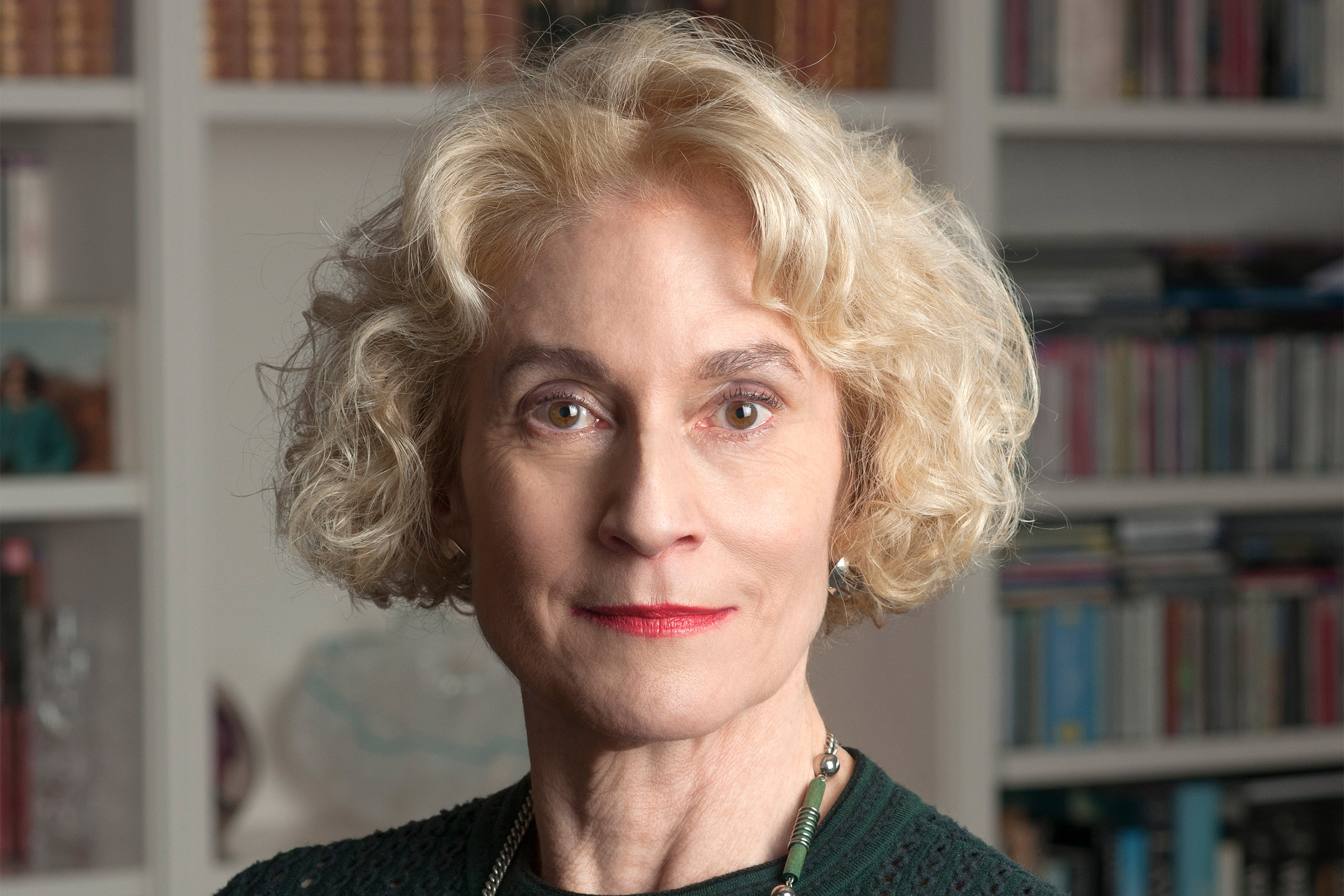
Courtesy photo
Martha Craven Nussbaum
Doctor of Laws
Martha Nussbaum’s 24 books and 509 papers address topics ranging from Greek and Roman philosophy to reform in liberal education, sex and social justice, emotional intelligence to sexual orientation and constitutional law. The Ernst Freund Distinguished Service Professor of Law and Ethics at the University of Chicago, she is internationally known as a scholar of feminist philosophy, political philosophy, and the philosophy of the arts, and used Stoicism to help define the base values of liberal education: critical self-examination, the idea of world citizenship, and developing narrative imagination. Nussbaum has also explored the philosophy of emotion, writing in “Upheavals of Thought” after her mother’s death that her own stoic expressions “that my mother found cold and unloving could actually be a form of love. It’s a form of human love to accept our complicated, messy humanity and not run away from it.” On ethics, she has written, “To be a good human being is to have a kind of openness to the world, the ability to trust uncertain things beyond your own control that can lead you to be shattered.” A former Harvard professor who earned her A.M. and Ph.D. here, Nussbaum became just the second woman to deliver the John Locke Lectures at Oxford in 2014 and delivered the Jefferson Lecturer in the Humanities three years later. She has received honors including the Grawemeyer Award in Education, the Prince of Asturias Award for Social Sciences, the $500,000 Kyoto Prize in Arts and Philosophy, the American Academy of Arts and Sciences’ Don M. Randel Prize for Achievement in the Humanities, the Berggruen Prize for Philosophy and Culture, the Holberg Prize, and the Inamori Ethics Prize.
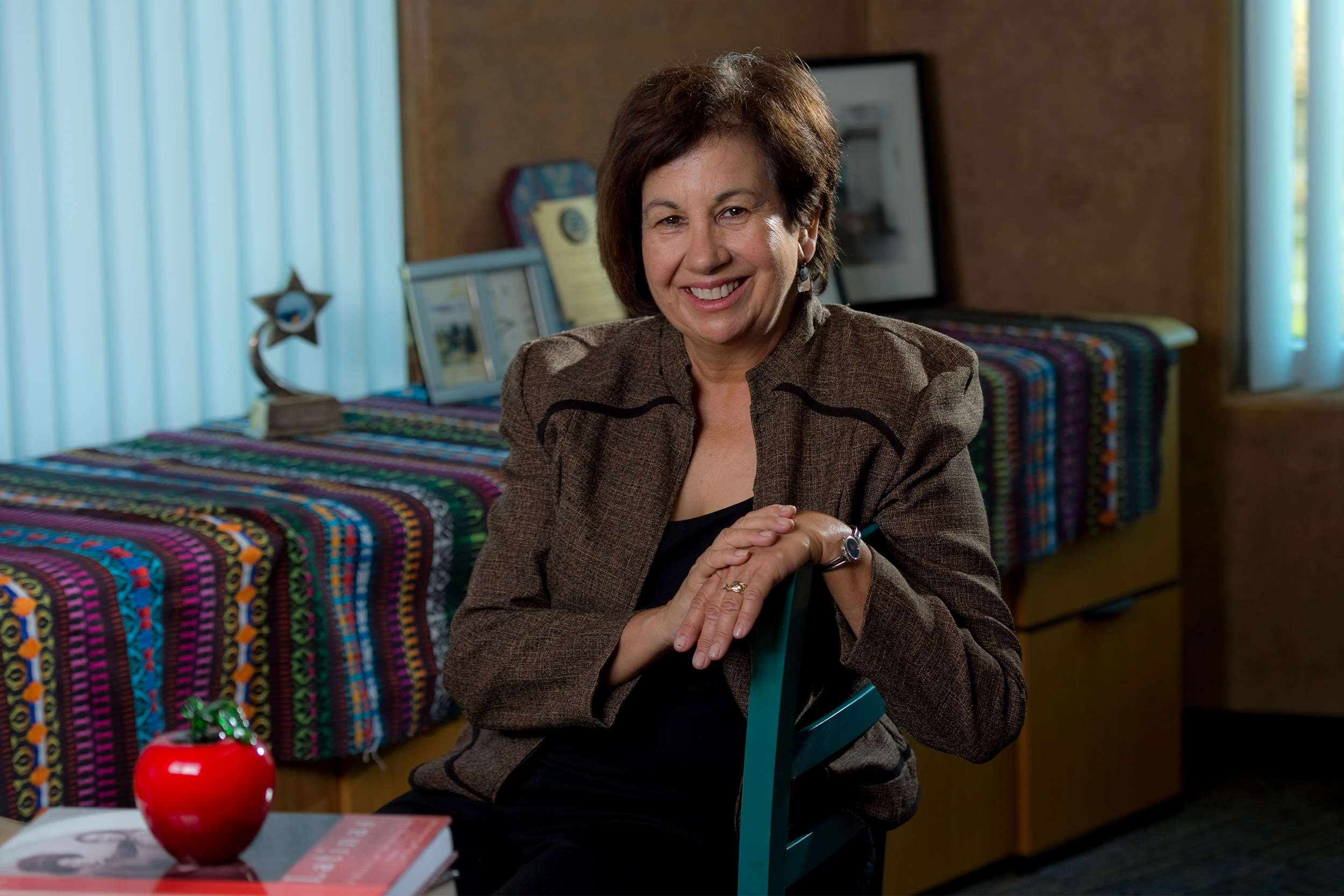
Steve Zylius/UC Irvine Communications
Vicki Lynn Ruiz
Doctor of Laws
Vicki Lynn Ruiz is a recorder of narrative histories that otherwise might not be told. These well could include her own. She rejected the idea of grad school when first suggested as “That’s for rich people. That’s for smart people,” as she told the National Endowment for the Humanities. But she went, earning a Ph.D. at Stanford University, and she turned her interest in the lives of Chicanas like herself into a career that began with taking oral histories from Mexican workers in canning factories and eventually “focused on dismantling the idea that Latinas are docile women whose domain is in the home.” Today the distinguished professor emerita of history and Chicano/Latino studies at the University of California, Irvine, she has made them the subject 14 books and more than 60 essays. “As farm workers, flappers, labor activists, barrio volunteers, civic leaders, and feminists, Mexican women have made history,” she wrote in “A History of Their Own.” Ruiz’s academic interests span labor history, immigration studies, women’s history, and the history of the American West. Her many published works include the monographs “Cannery Women, Cannery Lives: Mexican Women, Unionization, and the California Food Processing Industry, 1930–1950,” and “From Out of the Shadows: Mexican Women in Twentieth-Century America.” She co-edited the landmark three-volume “Latinas in the United States: A Historical Encyclopedia.” Past dean of the School of Humanities at UC Irvine, she has also served as president of the American Historical Association, the Organization of American Historians, the American Studies Association, and the Berkshire Conference of Women’s History. Her honors include the Immigration and Ethnic History Society’s Lifetime Achievement Award, the Organization of American Historians’ Rosenzweig Distinguished Service Award, and the National Humanities Medal, which called her work “on the vanguard of creating the field of Chicana/Chicano studies in the United States.”
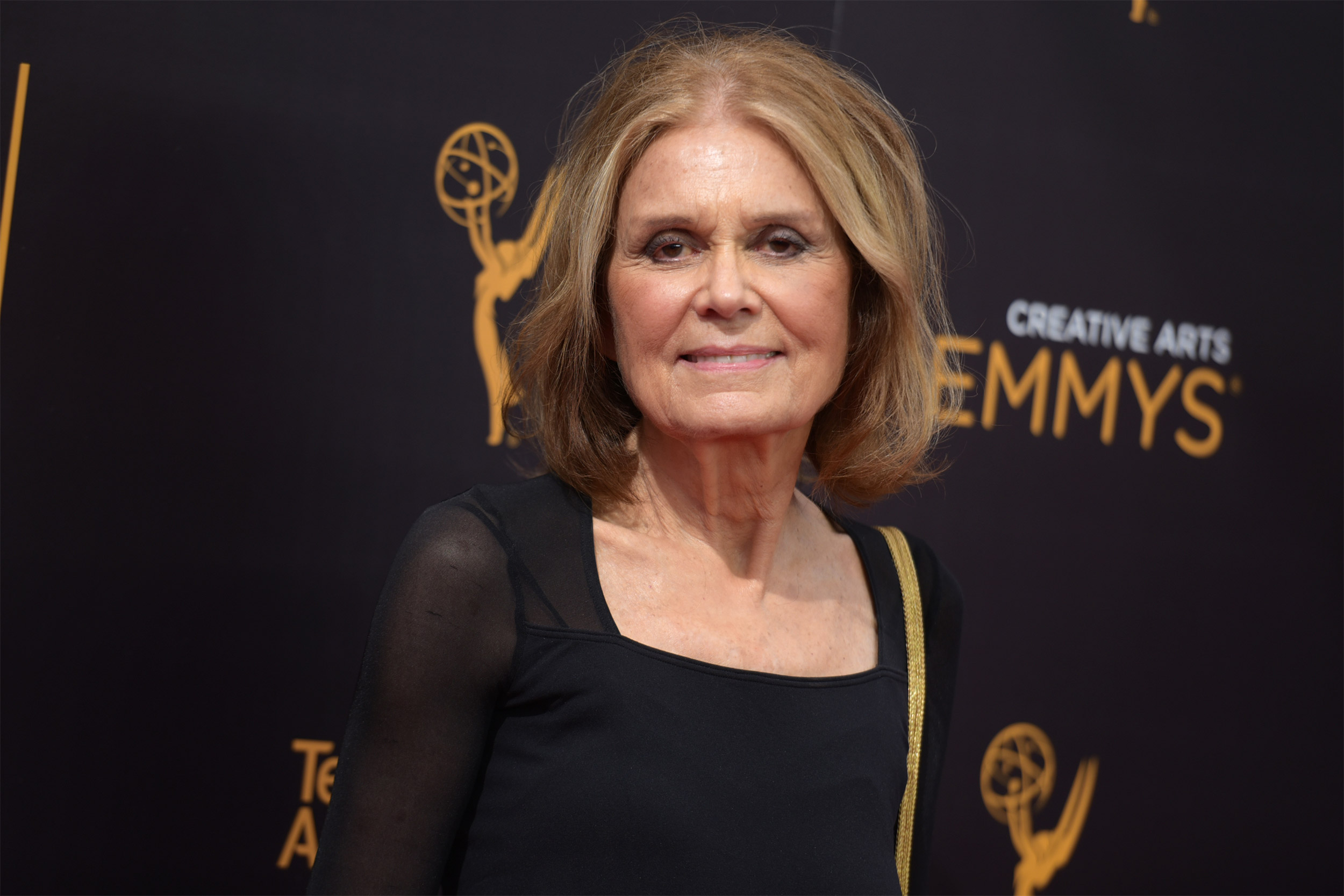
Photo by Richard Shotwell/Invision/AP
Gloria Marie Steinem
Doctor of Humane Letters
She had the nerve to go undercover to expose the Playboy operation in 1963, and the wit to title a book “The Truth Will Set You Free, But First It Will Piss You Off!” Gloria Steinem also had the drive, anger, and commitment to become an activist, writer, and force in the second-wave feminism of the 1960s and ’70s. Steinem’s career is studded with defining moments: In 1960 she moved to New York to pursue journalism, and made her name three years later with “A Bunny’s Tale”; in the same year, she co-founded New York Magazine, which would go on to publish “After Black Power, Women’s Liberation” in her City Politic column. With Betty Friedan, Bella Abzug, and Shirley Chisholm, she established the National Women’s Political Caucus and the Women’s Action Alliance in 1971, and that December Ms. magazine first appeared as an insert in New York. In 1977 she spoke at the National Women’s Conference, along with first ladies Rosalynn Carter, Betty Ford, and Lady Bird Johnson, U.S. Reps. Barbara Jordon and Abzug, and scholar Cecilia Burciaga. Her books include “Outrageous Acts and Everyday Rebellions,” “Revolution from Within,” “Moving Beyond Words,” and “My Life on the Road”; she has co-produced documentaries on child abuse and violence against women; and was herself the subject of several television documentaries — as well as the play “Gloria: A Life,” performed at the American Repertory Theater. Her many honors include the Society of Professional Journalists’ Lifetime Achievement in Journalism Award, the National Civil Rights Museum’s Freedom Award, the Princess of Asturias Award for Communication and Humanities, and the 2013 Presidential Medal of Freedom, of which she said, “I would be crazy, if I didn’t understand that this was a medal for the entire women’s movement.”
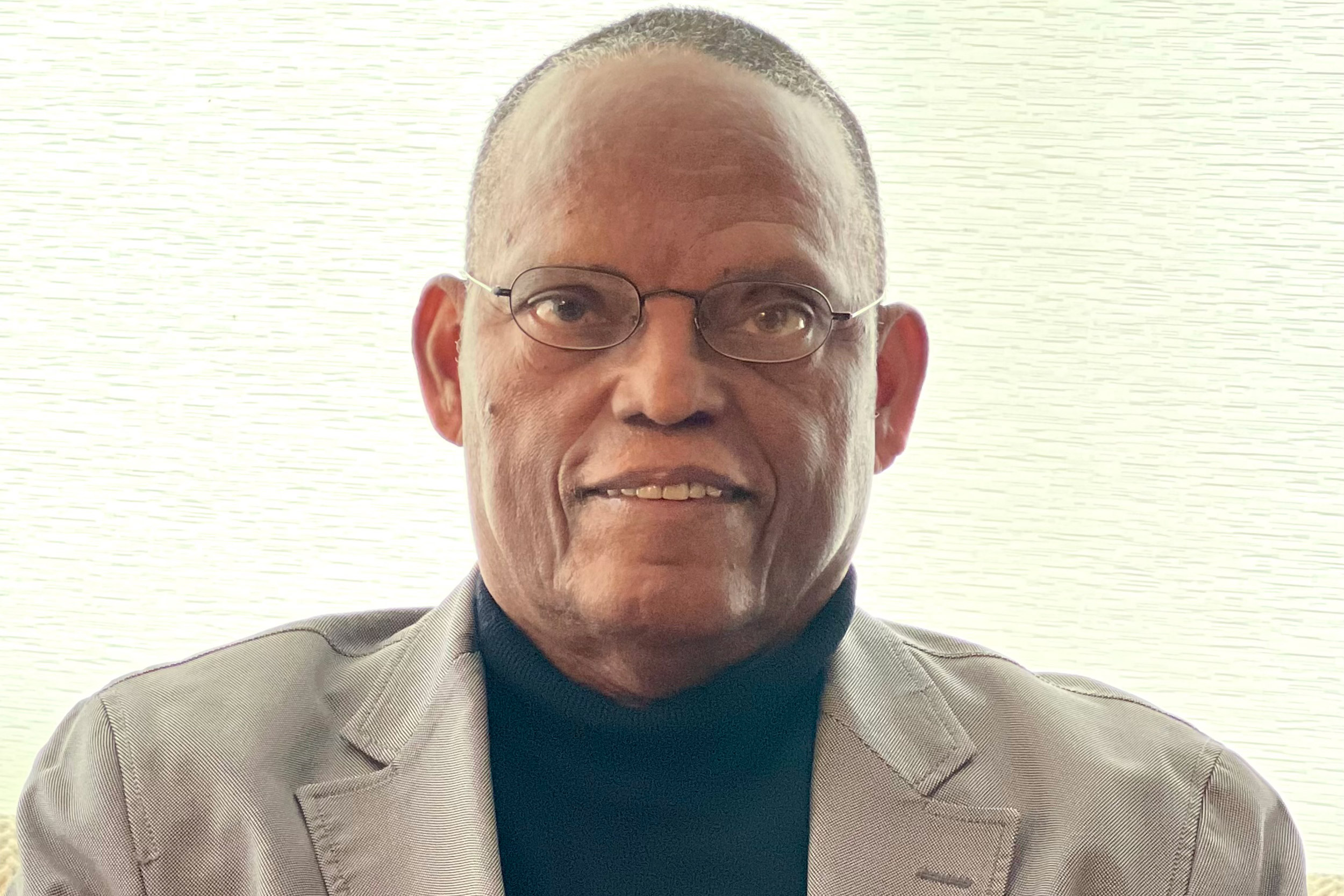
Courtesy photo
William Julius Wilson
Doctor of Laws
The Geyser University Professor Emeritus at Harvard, sociologist William Julius Wilson’s views on race and inner-city poverty have helped shape U.S. public policy. His belief that class plays a greater role than race in determining success disputed the ideas that poverty among Black Americans was due to entrenched racism or welfare dependency; rather, in his influential “The Declining Significance of Race: Blacks and Changing American Institutions” and “The Truly Disadvantaged: The Inner City, the Underclass, and Public Policy,” he blamed the departure of low-skilled manufacturing jobs from the inner cities and the effects of past racism. “Black employers are just as negative as the white employers concerning inner-city workers,” he pointed out. “My research clearly reveals that if we want to put inner-city workers to work immediately, we just can’t rely on the private sector. They don’t want to touch them; they don’t want to hire them.” Wilson taught at the University of Massachusetts and the University of Chicago, where he led the Center for the Study of Urban Inequality, before joining Harvard and becoming the director of its Joblessness and Urban Poverty Research Program. His extensive academic impact is reflected in his election to the National Academy of Sciences, the American Academy of Arts and Sciences, the American Philosophical Society, the National Academy of Education, the National Academy of Medicine, and the British Academy. He is the past president of the American Sociological Association and a former MacArthur Fellow, and has received the National Medal of Science, the American Sociology Association’s W.E.B. Du Bois Career of Distinguished Scholarship Award, and the American Academy of Arts and Sciences Talcott Parsons Prize, among other honors. He is also the only non-economist to receive the Seidman Award in Political Economy, and in 2012 the Inequality, Poverty, and Mobility Section of the American Sociological Association renamed its Early Career Award as the William Julius Wilson Early Career Award.



